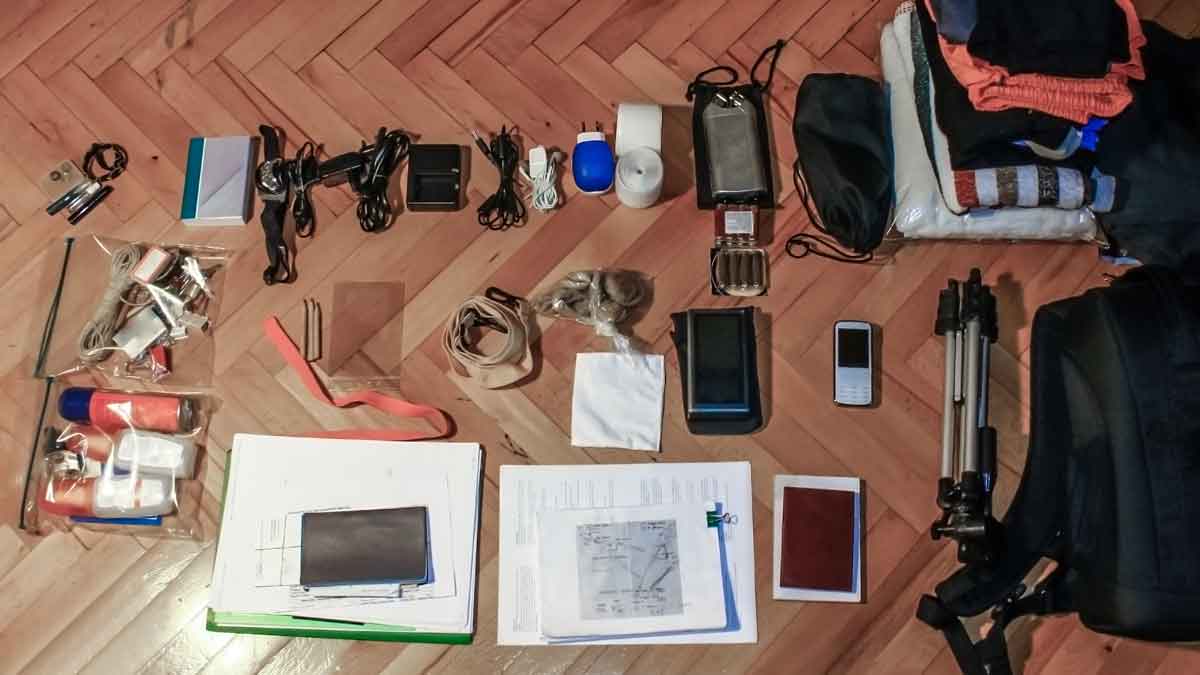Think of a great radio interview. Did the host say, “I have 10 questions about your book”? Or did he listen carefully, asking wonderful questions? Did these questions cause the guest to think deeply? Did the guest enjoy the stimulating exchange, even thanking the host? This is how you learn what competitors miss. Check out our What-Why-Clarify probing method that’s part of Everyday VOC training.
More in white paper, Everyday VOC
Good questions demonstrate you’re more interested in the other person than yourself. What do you call someone who listens to you and seems fascinated by your responses? You call them a brilliant conversationalist. Think of it this way: Your customers have a hard time getting their boss to listen to them. They go home and their kids don’t listen to them. Now a supplier (you) is leaning forward and asking, “Really? Could you tell me more about that?” If you were the customer, wouldn’t you like to talk to such a person?
More in white paper, Everyday VOC at www.EVOCpaper.com
B2C companies seek to understand customer needs. B2B companies should do this and engage customers, priming them to buy later. If you interview ten customers that represent 20% or 50% of the market segment’s buying power, wouldn’t it be an incredible waste if you failed to engage these companies… so they wanted to work with you?
More in 2-minute video at 29. Engage your B2B customers
Many suppliers unwittingly detach from customers with a host of risky behaviors: 1) Asking customers to fill in boring questionnaires, 2) using interviews to “validate” their preconceived solutions, 3) failing to probe with insightful questions, and 4) neglecting to follow-up interviews with rich, ongoing engagement. Is it time to learn customer-engagement skills?
More in 2-minute video at 29. Engage your B2B customers
Research shows the best way to sell a product is to probe customers’ needs. But why wait until the product is developed? If you probe beforehand, you’ll create a better product and “pre-sell” your product. This isn’t practical for interviewing millions of B2C toothpaste buyers, but it is for concentrated B2B markets. B2B engagement skills aren’t difficult. Do you have them?
More in 2-minute video at 29. Engage your B2B customers
It’s pretty obvious that one objective is customer insight—understanding customer needs so you can develop the right product. The oft-overlooked objective is customer engagement. This is conducting your voice of customer interviews in a manner that “primes” customers to buy your product when you’re done developing it. Do this well and you sell your product before it even exists. Learn more about customer engagement in the 2-minute video, Engage your B2B customers.
More in article, The Missing Objective in Voice of Customer Interviews
Think of a great radio interview. Did the host say, “I have 10 questions about your book”? Or did he listen carefully, asking wonderful questions? Did these questions cause the guest to think deeply? Did the guest enjoy the stimulating exchange, even thanking the host? This is how you learn what competitors miss.
Read this article, Should You Develop New Products like Steve Jobs? (Originally published in B2B Organic Growth). Have you ever heard someone say, “But Steve Jobs didn’t ask customers what they wanted.” Understand the flaws in this thinking for B2B suppliers.
B2C companies seek to understand customer needs. B2B companies should do this and engage customers, priming them to buy later. If you interview ten customers that represent 20% or 50% of the market segment’s buying power, wouldn’t it be an incredible waste if you failed to engage these companies… so they wanted to work with you?
More in article, The Missing Objective in B2B VOC (Originally published in B2B Organic Growth Newsletter).
Research shows customer engagement is critical to successful innovation. This engagement increases as you move through six “insight levels”: 1) Deciding what customers want in your conference rooms, 2) polling your sales force, 3) conducting customer surveys, 4) qualitative VOC, 5) quantitative VOC, and 6) B2B-optimized VOC. Where are you?
More in article, Boosting Innovation…In One Easy Lesson (Originally published in B2B Organic Growth Newsletter).
Cross “interview guide” off your packing list and add “digital projector.” The former indicates you—not the customer—will be guiding the interview. Not good. Project your notes and let the customer tell you their next problem or ideal state: You’ll learn what you didn’t know you didn’t know, they’ll correct your notes, and they’ll be much more engaged.
More in article, Why Advanced VOC Matters (Originally published in B2B Organic Growth Newsletter).
Many suppliers unwittingly detach from customers with a host of risky behaviors: 1) Asking customers to fill in boring questionnaires, 2) using interviews to “validate” their preconceived solutions, 3) failing to probe with insightful questions, and 4) neglecting to follow-up interviews with rich, ongoing engagement. Is it time to learn customer-engagement skills?
More in article, 5 Growth Risks You Can Stop Taking (Originally published in B2B Organic Growth Newsletter).
Research shows the best way to sell a product is to probe customers’ needs. But why wait until the product is developed? If you probe beforehand, you’ll create a better product and “pre-sell” your product. This isn’t practical for interviewing millions of B2C toothpaste buyers, but it is for concentrated B2B markets. B2B engagement skills aren’t difficult. Do you have them?
More in newsletter, How to Grow in a Stagnant Economy (Nov-Dec, 2008)












